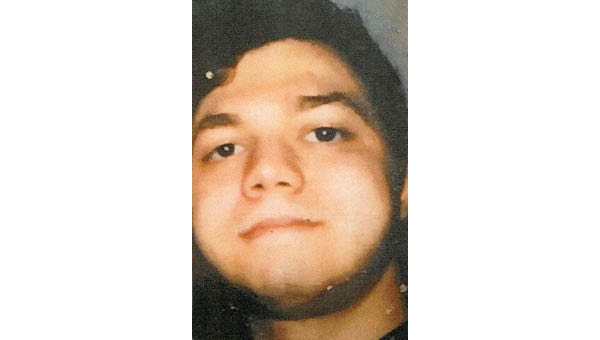How do you fix unequal school funding?
Published 1:05 pm Friday, January 24, 2025
|
Getting your Trinity Audio player ready...
|
To the Editor:
I spent 30 years as a teacher and administrator in the public school system. During that time 17 years was as a school administrator, four of which I was an assistant principal at a National Blue Ribbon School of Excellence and 13 years as the principal of a large inner city school. Based on my experience as an educator I am strongly against using public funds to support charter/private schools. My Tennessee license plate says “Children First,” but I can’t help but think politics has obscured the vision of truly putting the children in this state first.
By relying largely on property taxes to fund schools, which can vary widely between wealthy and poor areas, districts create funding gaps from the word go. Affluent areas end up with well-funded schools and low-income areas end up with poorly funded schools. Vouchers inspire a variety of “pop-up” schools, for some sheer profiteering, others for propagandizing and indoctrination. Gov. Lee’s proposal includes no accountability standards with content and practice self-designed. School curriculum standards and teacher certification are then left solely at the discretion of the charter/private school.
Public school budgets are allocated at the beginning of the school year based on student enrollment. When charter/private schools are funded out of that money, it leaves the public schools with a lower operating budget for the year. Gov. Lee’s voucher plan would bypass any regulating budget oversight by putting the money directly in the hands of the parents.
Students with special needs either physical or educational don’t have those needs met at the majority of charter/private schools. Specially trained teachers are required by law to provide for any child with an IEP (Individual Educational Plan). The parents of those students don’t have the option of sending their child to a charter/private school. Since the students with an Individual Education Plan (IEP) the public school is then the only viable choice for the majority of those students.
In this scenario the charter/private school has taken students away from the public school so the charter/private school gains a student and the public funds follow the student. That is true, only at the beginning of the fiscal year, but then things change. Repeatedly, I personally saw this scenario play out. The student starts out in a charter/private school and then can’t or doesn”t want to deal with it; so that student is then removed from the charter/private school either by the parent or the charter/private school. Or the parent can no longer afford the expenses associated with enrollment in the charter/private school. The student returns to his/her zoned public school but the funds that were allocated for the charter/private school do not follow the student back to the public school. The enrollment at the public school increases but the initial funding remains the same.
Stop the expansion of the charter and private schools as it is not affordable for all students and creates a segregated educational system
Jane H. Wyatt, Ed.S
Johnson City





